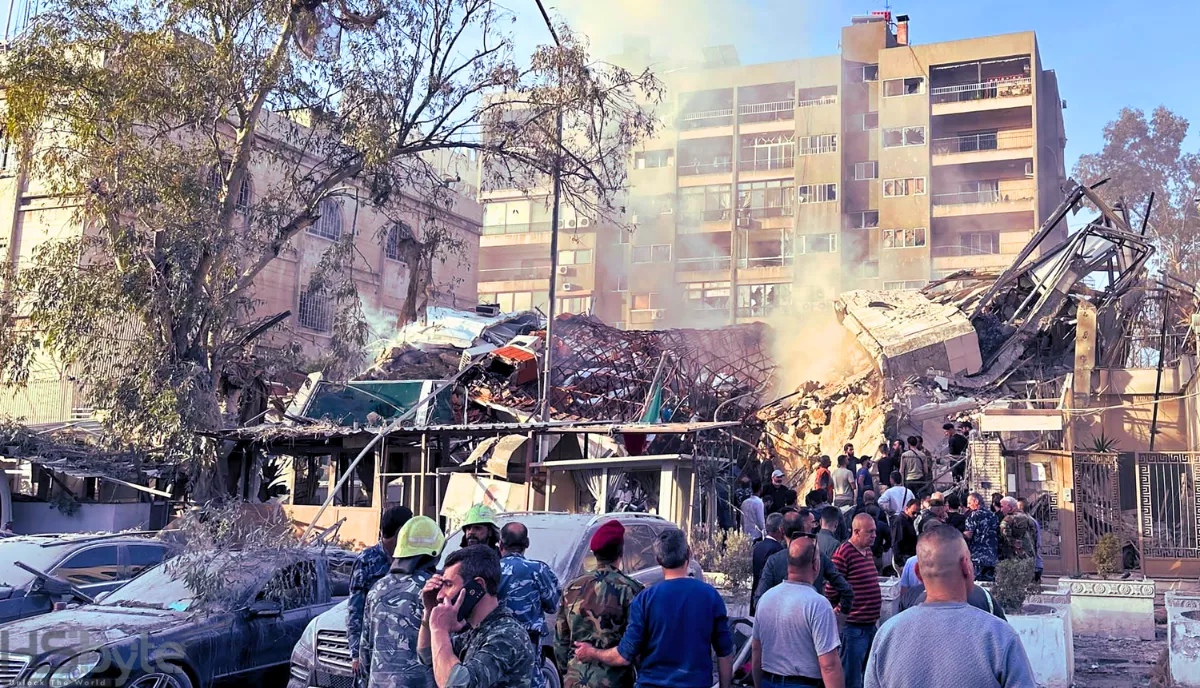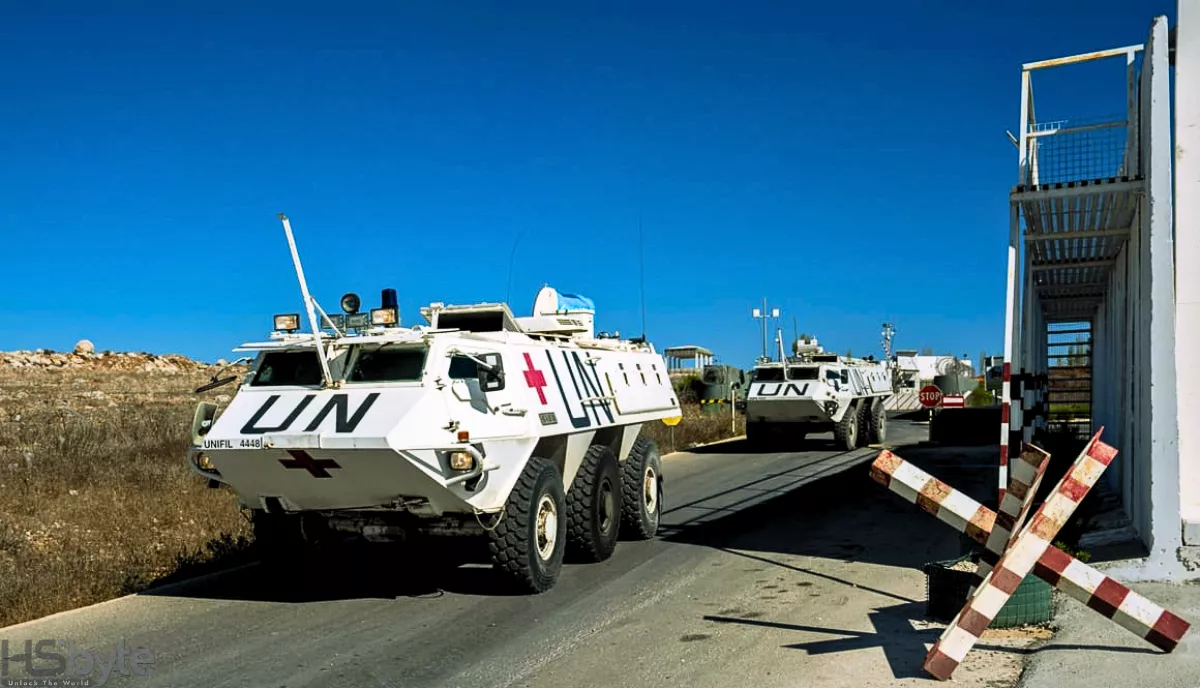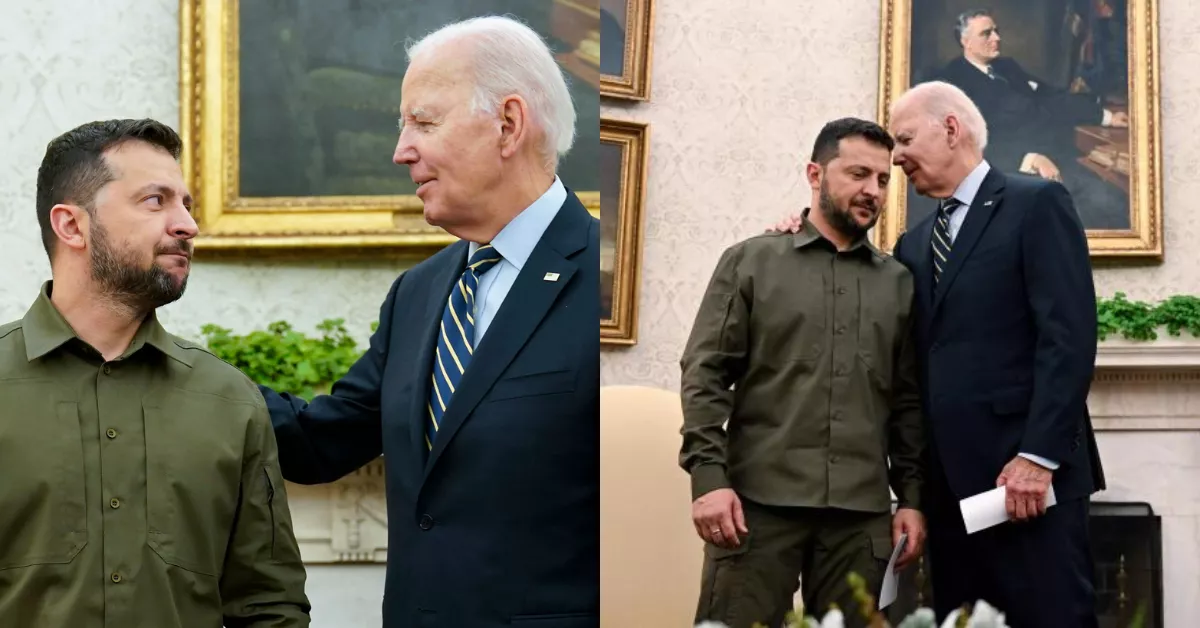
- Category: Middle East, News

- Share
The ongoing Israel-Palestine conflict has reached unprecedented levels of violence, plunging the entire Middle East into turmoil. With Gaza under intense bombardment and Israel still recovering from the deadliest attack in its history, the region faces a crisis that has spiraled far beyond expectations.
Just over a year ago, the Israel-Palestine conflict exploded back into global view. A conflict that had seemed to simmer beneath the surface suddenly erupted when Hamas launched a massive and unprecedented attack. This caught many by surprise, especially as only a week before, the US National Security Advisor Jake Sullivan had famously stated that the Middle East was quieter than it had been in two decades.
Fast forward a year, and the Middle East is anything but quiet. The death toll continues to mount on both sides. More than 41,000 Palestinians have been killed in Gaza, with two million Gazans displaced, their homes and lives torn apart. The West Bank has not been spared, with an additional 600 Palestinians killed. In Lebanon, over a million people have been displaced due to ongoing rocket attacks and conflict, with 2,000 Lebanese losing their lives.
Meanwhile, Israel has also suffered significant losses. More than 1,200 Israelis were killed on the first day of the attacks, with an additional 350 soldiers dying in the ongoing military campaign in Gaza. Hezbollah rocket strikes from the north have claimed the lives of 50 soldiers and civilians, while 200,000 Israelis have been forced to flee their homes near Gaza and along the volatile northern border with Lebanon.
As the violence intensifies, other countries across the region have joined the fight. Despite the US’s efforts to prevent a broader conflict, involving presidential visits and extensive diplomatic missions, their influence in the region seems to be waning. Rockets have been launched from Iraq and Yemen, while Israel and Iran have exchanged military blows, a dangerous escalation that shows no sign of slowing.
This mounting crisis has left Washington struggling to maintain its grip on the situation. The presence of US Central Command Chief Gen. Michael Kurilla in Israel has transitioned from diplomatic missions to more of a crisis-management operation, attempting to prevent a wider Middle Eastern conflict. With the US presidential election looming, the situation has become even more politically charged, leaving little room for bold American initiatives.
The origins of this conflict now seem distant. What began as a Palestinian struggle has morphed into a wider regional catastrophe, with Israel seemingly embroiled in a never-ending conflict with its adversaries. The lives of Gazans, once the center of attention, have become almost forgotten amid discussions of a wider war engulfing the region. Even some Israelis whose lives were upturned by the violence feel neglected. Yehuda Cohen, father of hostage Nimrod Cohen, voiced his frustrations, holding Israeli Prime Minister Benjamin Netanyahu responsible for a “pointless war that has pitted all possible enemies against us.”
However, not all Israelis share this sentiment. For many, the attacks by Hamas and Hezbollah signal a broader campaign against the Jewish state. Netanyahu, whose poll numbers plummeted in the wake of the attacks, has seen a resurgence in popularity, especially as Israel’s military continues to strike back with precision-targeted operations, long-range bombing raids, and intelligence-led assaults. Last week, Netanyahu confidently declared, “There is nowhere in the Middle East Israel cannot reach,” hinting at Israel’s military superiority and signaling even more aggressive measures to come.
The conflict, however, has left the region teetering on the edge of further catastrophe. Diplomatic efforts to ease tensions seem increasingly futile, with both Israel and Iran unwilling to back down. While Netanyahu hinted at regime change in Iran, suggesting that freedom for Iran might come sooner than expected, experts caution that this rhetoric is reminiscent of the US’s case for war in Iraq in 2003.
Despite the tensions, fragile guardrails still exist. Iran, while desiring a world without Israel, understands that a direct confrontation with the region’s only superpower could lead to disaster. Similarly, Israel, though capable of crippling Iran’s proxies, knows it cannot fully eliminate the threat alone. The US, while attempting to maintain stability, is not interested in regime change, and it’s unlikely that the current or incoming administration will push for such a drastic move.
As the situation continues to escalate, the world watches anxiously. Policy makers are scrambling to find solutions, but the road ahead is filled with uncertainty. Talks of how Gaza might be rehabilitated or governed once the fighting ends have been drowned out by the conflict’s widening scope. The focus has shifted to preventing further regional escalation and the potential for a broader war.
For now, the goal is damage control. But with tensions high and the US presidential election looming, a resolution feels distant, as the Middle East remains trapped in a dangerous and volatile cycle of violence.
You May Also Like


Israeli Hostage Couple Reunited After 738 Days

Raila Odinga Dies at 80: Kenya Mourns Political Giant

Trump Demands Hamas Disarm Amid Brutal Gaza Crackdown

Israeli Strikes on Iran Heighten Tensions

UNIFIL Post Breached: Israeli Tanks Escalate Tensions
Latest Update

Zelensky Biden Meeting Ignites Republican Outrage Amid Aid Talks

Wuthering Heights Film Casting: Controversy Sparks Debate

Will the US Presidential Election Shape the Future of Crypto?

War with Russia: Zelensky Sees Hope for Peace

Unpacking the ‘Dark Arts’ in Manchester City vs Arsenal Showdown

UNIFIL Post Breached: Israeli Tanks Escalate Tensions

Trump Demands Hamas Disarm Amid Brutal Gaza Crackdown

